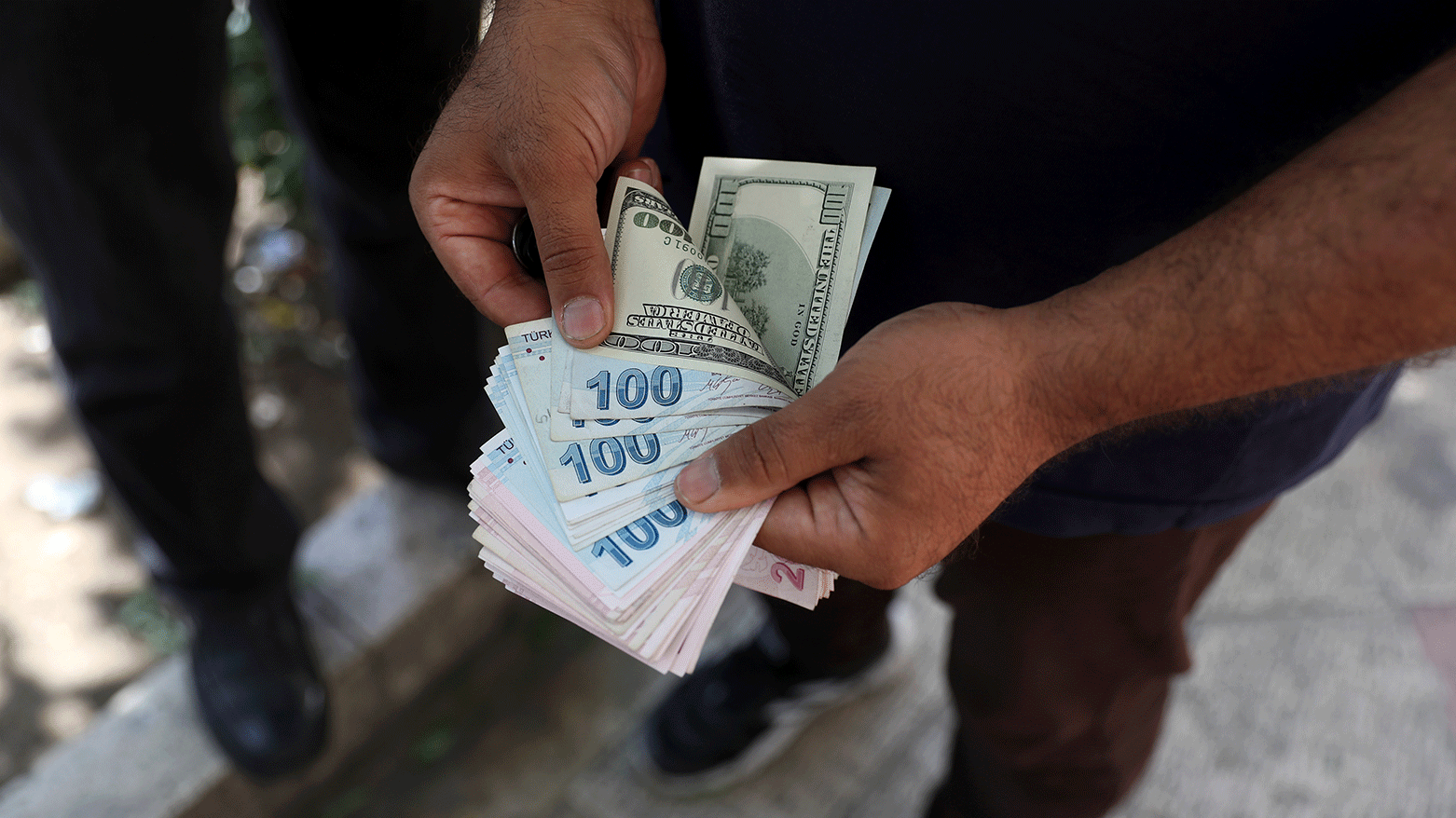Iranian currency depreciates by 10 percent after Erbil missile attack

ERBIL (Kurdistan24) – The Iranian currency, known as the rial, has been steadily declining since the Islamic Revolutionary Guard Corps (IRGC) launched a ballistic missile attack on Erbil earlier in January.
In the last 10 days, the rial has depreciated by 10 percent, causing panic in the country’s markets.
The currency is frequently referred to by its superunit term, the toman, with 1 toman equalling 10 rials.
The value of the US dollar, which was 50,000 Iranian tomans on the day of the attack, has now risen to over 55,000 tomans.
The chambers of commerce in Erbil, Duhok, Zakho, and Soran have called on Kurdish businessmen and the public to boycott Iranian goods in response to the Iranian attacks. This demand has also raised concerns within the Iranian Chamber of Commerce, which has pleaded with its Erbil counterpart to end the boycott.
Iran has relied heavily on its Kurdistan Region neighbor to maintain its economy, with trade volume exceeding $1 billion in 2022 through the Haji Omaran border crossing, the only official land-based point of entry between Erbil and Iran.
Read More: Tehran Chamber of Commerce seeks end to Erbil’s boycott
The IRGC claimed responsibility for the Jan. 15 missile strike on the home of Kurdish real-estate mogul Peshraw Dizayee, killing him and a business partner of Assyrian background.
Dizayee headed the Falcon Group and its Empire brand, a company with a valuation estimated to be $2.5 billion.
In addition to violent escalation with its Kurdish neighbor, Iran has also targeted Balochi militias on its southern Pakistan border, much to the ire of the latter.
Read More: Iran’s attacks will do great damage to reputation in Kurdistan: Amb. Galbraith
Since the Gaza conflict began last October, Iran-backed proxy militias scattered across the region have launched ongoing drone and rocket attacks on US and Coalition installations.
These recent border incursions into the Kurdistan Region and Pakistan are the first such instances where the IRGC has launched direct attacks in its own capacity since last October.
Editing by Dastan Muwaffaq
